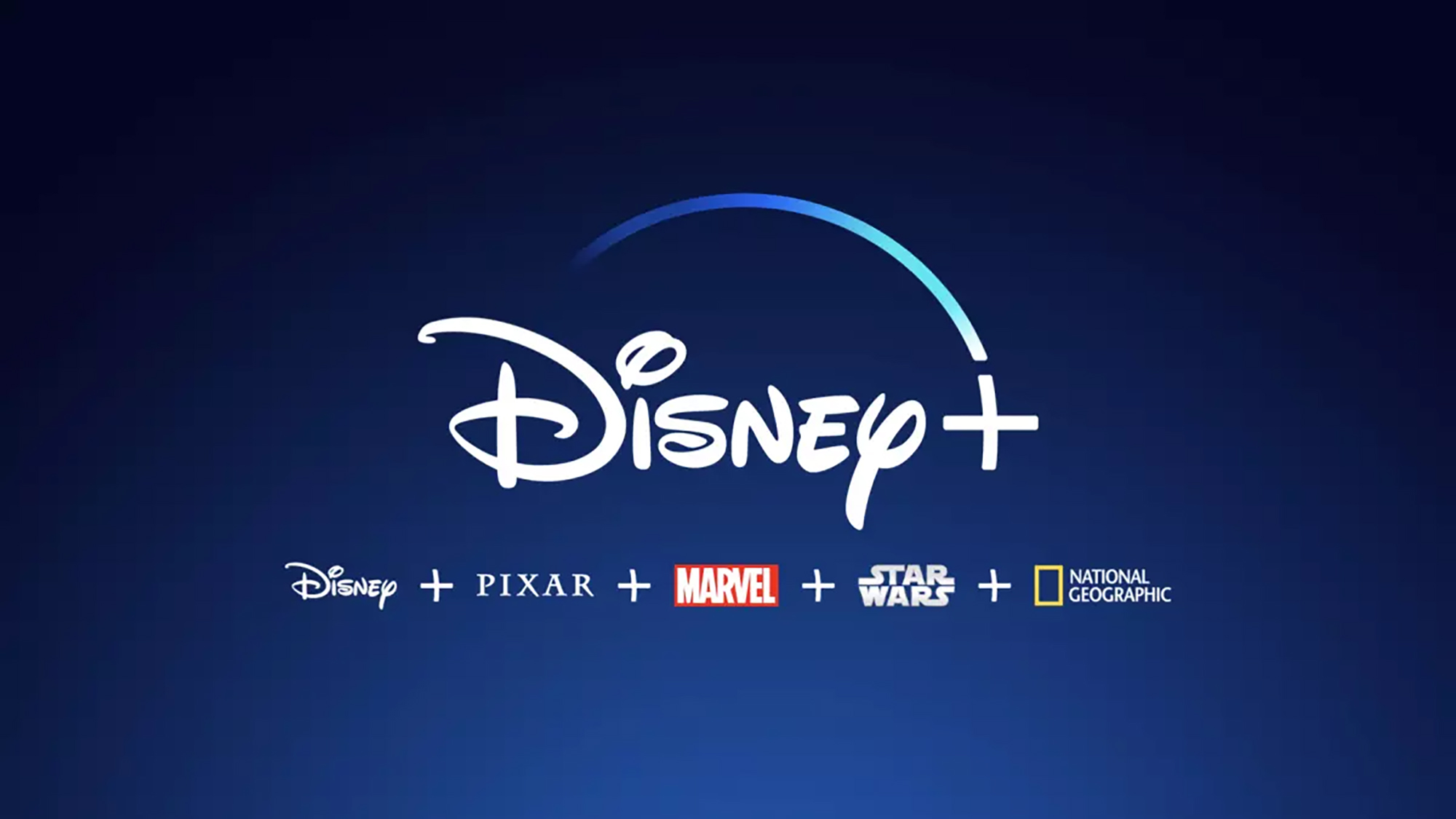The Disney+ streaming service will now require subscribers to pay more if they want to allow users outside their households to access the service. (Disney+/TNS)
While pirating copyrighted material is a federal crime, I think that there are occasions when the crime proves to be victimless. We live in a time where buying a piece of media does not mean owning it forever. With the rules of engagement changing for consuming media, I think that the outlook of consumers on piracy should also change.
“You wouldn’t download a car” the old anti-piracy ads used to say, when in reality if any of us could get a free car off of the internet, we most certainly would.
Growing up, I always understood that piracy wasn’t the proper way to watch films, in terms of morality or visual quality. Though, when you’re little and don’t go to the theaters too often, fun is whatever bootleg DVDs your dad brings home.
Without piracy, I never would have had the chance to experience some of my favorite films. Even if I wasn’t paying for movies, being able to watch “Blade Runner” and “Kill Bill Vol. 1” at a pivotal time in my mental development helped me build an appreciation for film, and better understand the world around me.
I think that the question of whether to pirate or not boils down to who made the film. A billion-dollar blockbuster like this year’s “Deadpool & Wolverine” should be pirated without hesitation. It would take a tragedy to take the steam from Disney’s monopoly on entertainment.
Companies like Paramount, Disney, and Warner Bros only lose a marginal amount of money from online piracy. Streaming services might have proven themselves unprofitable, but as long as they keep winning at the box office and pumping out overpriced popcorn buckets, it doesn’t really matter.
Piracy is an especially valid practice as streaming services begin to inconvenience paying subscribers. In an effort to crackdown on account sharing, Netflix and Disney + have begun trying to determine where “home” is for the subscriber, and anyone signing in from a different location will have to request access. Despite having the proper login credentials, paying customers are made to jump through hoops for small gains of profit.
Likewise, streaming platforms will also take away films and shows at will, without notifying subscribers, so that they don’t have to pay as much in residuals, or money that the creators of older shows are paid when their work is viewed on the platform.
The biggest offender of this has been Max (formerly HBO Max), who have removed beloved shows from the service such as Westworld, The Amazing World Of Gumball, Regular Show, and a personal favorite of mine, “Space Ghost Coast To Coast.”
When corporations pull shows from their service without warning, they leave subscribers no choice but to turn to alternative means of accessing the lost content. When purges like this happen, pirating becomes less a criminal act, and more so an archival practice.
Pirating sites don’t just make cinema free, they give it more life. Imagine if your favorite movie fell off the face of the Earth, leaving you without the comfort or the lessons its given you over the years. By pirating films, we as the consumers put ourselves back in control, and give shelter to the films we hold dear.
There are cases when piracy becomes a malicious act, and does indeed take away from those who produced the film. In the U.S., media like anime and k-dramas have massive success, but otherwise international films aren’t given much attention.
Outside of classics like “Seven Samurai” or recent hits like “Parasite” and “Godzilla Minus Zero”, the mainstream culture isn’t inclined to explore the cinema of France, Ireland, or Kenya.
So when one does decide to leave their comfort zone, it’s important to contribute to these films financially. Platforms like The Criterion Channel and Mubi offer a wealth of international films and contemporary classics. Likewise, these institutions do a lot of restoration work, and preserve films by putting them on physical mediums.
With that being said, money is tight. At the end of the day, if you can’t afford to rent “Police Story”, as good as Jackie Chan might be, I can’t judge you. And if you feel compelled to own every Marvel movie on Blu-ray, then go right ahead. I’m not the movie police.
Just keep in mind the artist on the other side of the screen: the stunt man living off of royalties, the director showing his hometown to the world, and the actor opening their heart to you. Sadly, art is tied up in the politics of finance the same as everything else.
Even still, we as consumers have ultimate control over the market and the industry. Anything we don’t want from these companies, we can reject. Keep in mind this power and responsibility as you continue to engage with cinema, literature, and music.

